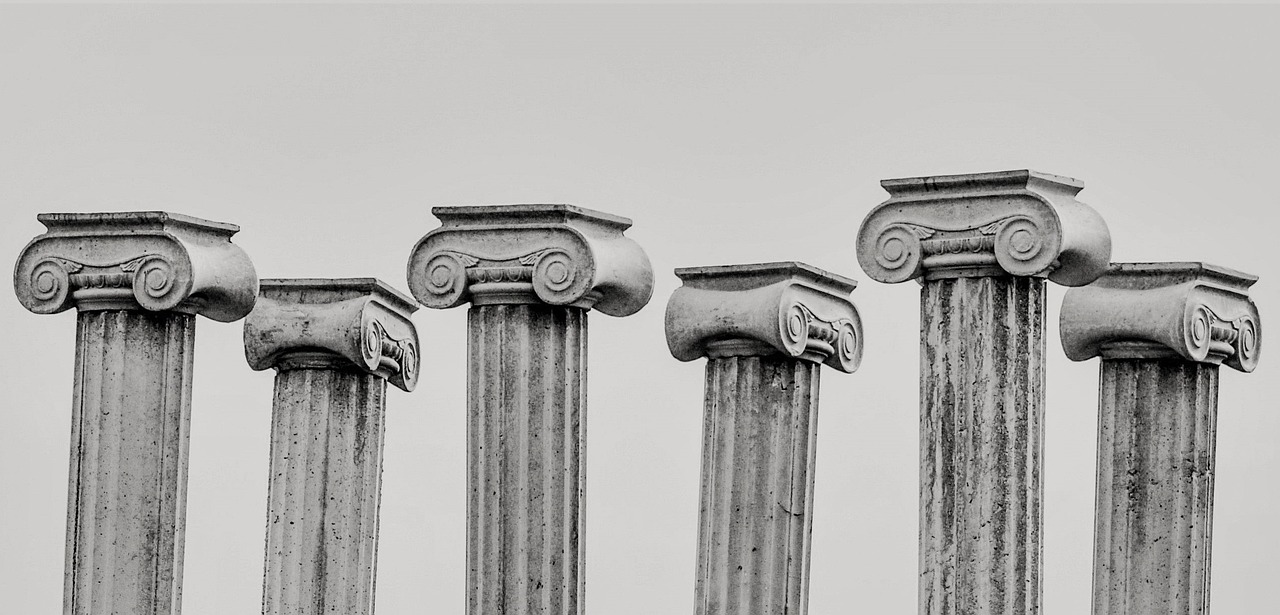Greek mythology encompasses a collection of narratives revolving around deities, heroes, and the associated rituals of ancient Greek civilization, as well as Classical antiquity. While intellectually inclined Greeks, like philosopher Plato during the 5th–4th century BCE, acknowledged the mythical narratives contained fictional elements, the general populace embraced these myths as factual representations shaping their religious beliefs. The influence of Greek mythology extends significantly to Western arts and literature, inheriting a vast array of Greek cultural motifs.
Throughout history, diverse cultures have produced myths that articulate the nature of the universe, narrate heroic deeds, or rationalize societal structures. However, Greek myths stand unrivaled in the Western tradition, giving rise to a wealth of inspiration for poets and artists across eras, who continuously unearth contemporary relevance within ancient themes.
Major Literary Sources of Greek Myths
The Homeric epics, notably the Iliad and the Odyssey, are foundational texts in Greek mythology. The 5th-century historian Herodotus asserted that these works, alongside Hesiod’s poetry, endowed the Olympian gods with their defining traits. Although modern interpreters may not observe this perspective literally, the characters are readily recognizable within their narratives. The audience is presumed to possess prior knowledge of these myths, as indicated by Homer’s references to the lineage of gods and heroes. Prominent figures in Greek society, such as Pindar and later schools of philosophy, treated these narratives with seriousness, often modifying or allegorizing them.
Hesiod’s Contributions
Hesiod’s Theogony—composed around 700 BCE—serves as the primary source for the narratives concerning the origins of divine beings. This work presents intricate genealogies along with folktales and accounts of creation. In contrast, his other major poem, Works and Days, provides practical advice framed around a farmer’s calendar and addresses themes of justice, directly appealing to Hesiod’s brother, Perses. While it is common to differentiate between these two poems in terms of subject matter, they can also be viewed as interdependent, each informing and enhancing the other’s themes.
Additional Literary Influences
Several lesser-known epics supplemented the Iliad and Odyssey by filling narrative gaps from the Trojan War saga. The Homeric Hymns, a collection of shorter poems, contribute significantly to religious mythology. Various lyric poets, particularly Pindar from Thebes, produce works rich in myth and tradition. The tragedies of Aeschylus, Sophocles, and Euripides further showcase a wide array of myths, encapsulating the emotional and moral complexities within their stories.
Development Through Time
During the Hellenistic period, several poets and scholars, such as Callimachus and Euhemerus, documented lesser-known myths. Euhemerus introduced the idea that gods may have originated from historical figures. Scholarly contributions from figures like Apollonius of Rhodes are notable, particularly his comprehensive account of the Argonauts’ adventure for the Golden Fleece. The Roman Empire’s scholars, including Strabo and Plutarch, have provided crucial texts that enrich our understanding of Greek mythology’s evolutionary aspects.
Archaeological Insights
Archaeological findings, such as those made by Heinrich Schliemann and Sir Arthur Evans, significantly illuminate the interplay of myth and ritual in ancient Greek culture. Discoveries regarding the Mycenaean and Minoan civilizations reveal important cultural nuances dating back to around 2200 BCE and beyond, although the absence of written explanations limits our understanding. Artifacts like geometric pottery from the 8th century BCE often illustrate mythological narratives, including those of exploits from the Trojan War and the hero Heracles. However, the interpretative challenges posed by such artifacts necessitate careful examination alongside literary sources for a clearer comprehension of their context and significance.
This intricate tapestry of literary works and archaeological findings collectively enhances our appreciation of Greek mythology, affirming its lasting legacy in shaping Western thought and artistic expression.



